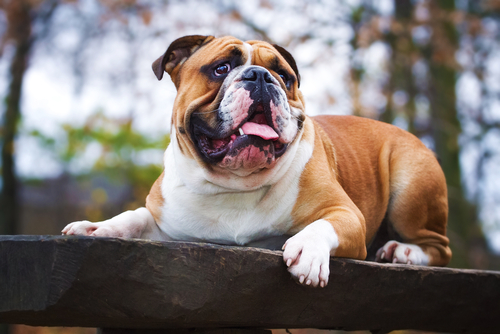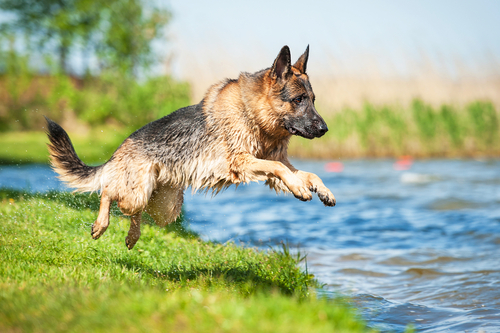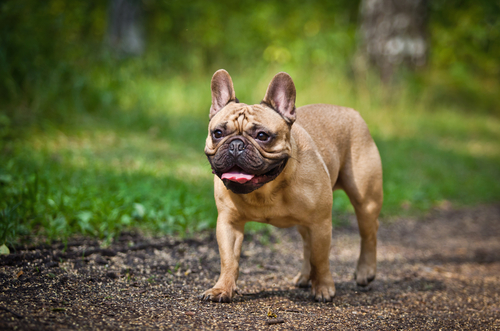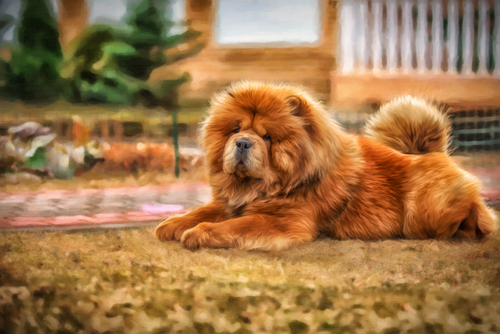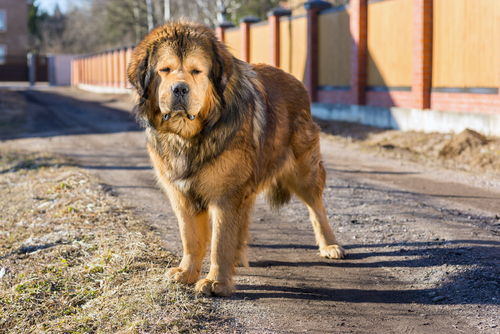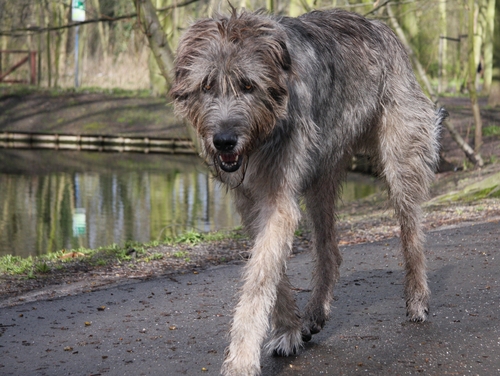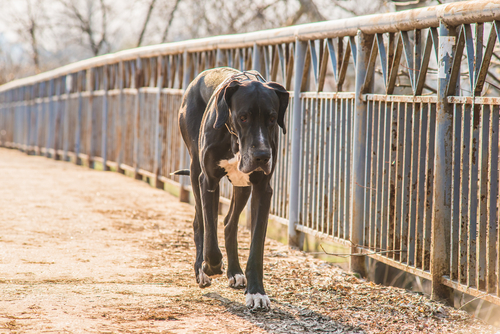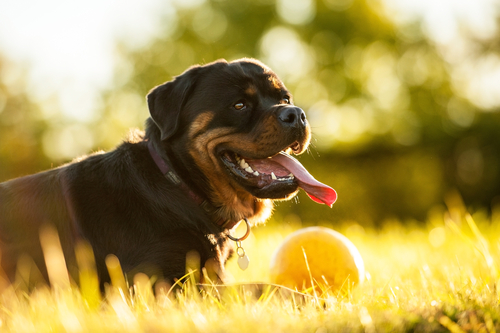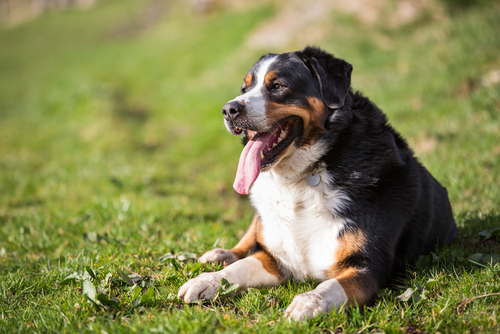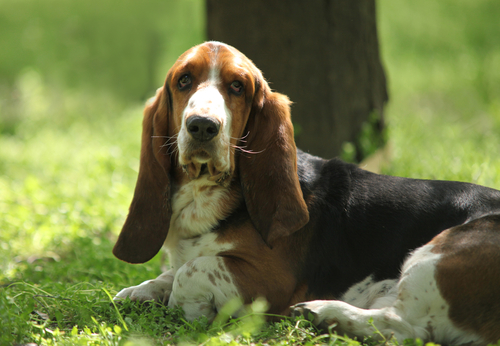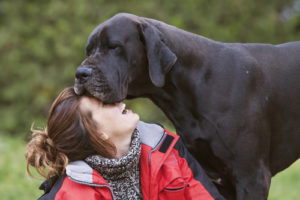
There are many things to consider when considering getting a new puppy. At iHeartDogs.com, we believe adoption is the best option! Many of us are dead-set on certain breeds. Others aren’t quite sure. Regardless, cost is always a factor when deciding to add a dog to your home.
There are many things that bring up the cost of the dog outside of the purchase price – and these include crates, toys, beds, kennels, food, and health issues. While health testing is at an all-time high for breeders who are working hard to eliminate the problems in their breeds, there are still many people out there who simply don’t know or don’t care about how health problems can affect our lives as well as our dog’s. Below we’ve compiled a list of the most expensive dog breeds to have based on these criteria, and came up with the conclusions from our active, personal experience in showing and training dogs, as well as conversations with excellent breeders and veterinarians.
#1 – English Bulldog
English Bulldogs are gaining popularity by the day, and their silly personalities are likely the reason why. But this breed comes at a cost, and we’re not just talking about the up-front purchase price of a puppy – which can reach up to $3,000 alone. English Bulldogs are prone to a multitude of health problems, which means excess trips to the veterinarian and more medical bills than your average breed. English Bulldogs are at high risk for heart conditions, hip and elbow dysplasia, cancer, multiple eye problems, allergies, skin issues, and even hyperthermia (over-heating). Despite their health concerns, English Bulldogs live roughly 8-10 years, which means there’s a chance you’ll be stuck with veterinarian bills for quite a while.
#2 – German Shepherd Dog
One of the most popular dogs in the world also happens to be one of the least healthy. It’s unfortunate, but true. A well-bred German Shepherd can be difficult to find, and you’re likely to spend around $2,500 regardless of bloodline. Like the English Bulldog, German Shepherds require more than just the purchase price of the puppy. It’s not uncommon for them to have allergies, gastrointestinal ailments, bloat, cancer, Degenerative Myelopathy, and have hip and elbow dysplasia. In fact, their decreasing health is part of the reason for their decline in work fields such as police, military, and search and rescue.
#3 – French Bulldog
Just like their English cousins, French Bulldogs often have a multitude of ailments in just one specimen. Although their temperaments are typically wonderful, their physical health results in veterinarian bills that increase over time. A French Bulldog puppy is also not a cheap purchase, so keep these costs in mind when considering your next pet.
#4 – Chow Chow
This Chinese breed is one of the oldest dog breeds in existence today, as confirmed by DNA tests studying these dogs and other breeds and their ancestors. Originally developed as a multi-purpose working dog, Chows have excelled at herding, hunting, guarding, and pulling. Due to the age of the breed, many changes have been made, some better than others. The breed is prone to certain health issues, such as multiple eye problems, cancer, diabetes, canine pemphigus, and autoimmune diseases. Not only do their health problems cause concern, their thick coats cannot go ignored. Not only are Chows more prone to having flea infestations (they will likely be infested before you realize they have fleas, because they are so hard to find in their coats), they need regular and frequent grooming to ensure they don’t get matted hair and infected skin. With Chows, your overall cost will be the purchase price, the cost of grooming over the lifetime of the dog, and any health issues that may have popped up.
#5 – Tibetan Mastiff
Tibetan Mastiffs are large guardians, with thick coats and stubborn temperaments. While health issues don’t pop up as often in this breed, they are still there and are something to be aware of. Skin problems, allergies, eye conditions, hypothyroidism, cancer, and epilepsy are a few of the major problems. Of course, as with any large breed, hip and elbow dysplasia should also be of concern. Like the Chow Chow, the Tibetan Mastiff has a thick coat that can also more easily harbor fleas and mites, though a careful parent will be able to avoid infestations. Frequent, regular grooming is a must to prevent any matted fur and skin infections. Let’s not forget the recent story of the Tibetan Mastiff puppy that sold in China for $2 million, although the breed sells for far less elsewhere!
#6 – Irish Wolfhound
The Irish Wolfhound is the largest dog breed in existence, and their size must be taken into consideration when thinking about purchasing a puppy or adopting an older dog. Large dogs need more food, larger crates, beds, kennels, and toys. They are often more expensive to board at a kennel if you’re going out of town, and even regular medication for simple ailments or procedures are going to cost more money. Unfortunately, large dogs are typically prone to more health issues than smaller breeds, and Irish Wolfhounds are no exception. Ailments found in the breed are hip and elbow dysplasia, cardiac diseases, bloat, and eye conditions.
#7 – Great Dane
Another large breed like the Irish Wolfhound, the Great Dane comes at the same cost of every extremely large dog breed there is, including more food and medication, dog crates and beds, and boarding costs. Heart conditions, hip and elbow dysplasia, and bloat are common ailments in the breed that can result in expensive treatments that last the lifetime of the dog. These gentle giants have a personality that’s loved by many, and have been bittersweetly nicknamed “The Heartbreak Breed.”
#8 – Rottweiler
These beautiful guardians can be quite expensive to purchase, as a puppy or as an adult dog. Because many are bred for working ability and show quality, the cost of the breed has gone up substantially. Unfortunately, that doesn’t mean you’ll find yourself with a healthy pet, as there are many conditions that Rottweilers are predisposed to, and most not at fault of the breeder. The most common ailment in Rottweilers is cancer, which comes with extremely costly treatments should parents choose that route for their dogs. They are also prone to hip and elbow dysplasia and bloat, common in most large breeds. Eye and cardiac issues are also of concern, and the breed has been found to be very susceptible to contracting parvovirus as puppies. While the Rottweiler is a loyal and loving companion, the ailments found in the breed are unfortunately very expensive to treat.
#9 – Bernese Mountain Dog
Not only are these gentle giants prone to the vast majority of issues that all other large breeds have, they have thick coats that require regular grooming. While the coat needs only weekly brushing, their ears require special treatment as they can trap bacteria and become infected if not regular cleaned. Bernese Mountain Dogs have one of the highest incidences of cancer in all dog breeds, and parents of this breed report almost three times as many musculoskeletal problems than other breeds. Because of these issues, Bernese Mountain Dogs may face early loss of mobility and a decreased lifespan.
#10 – Basset Hound
Bassets are a large breed in a smaller body, because of their shortened legs. Because of their dwarfism, they are typically kept and treated as larger breed dogs, such as bigger meals and more expensive medications. Unfortunately, this also means they are prone to the same ailments that large breeds can have. Bloat is common in Bassets, and their large ears are also more likely to become infected with bacteria and/or mites. Their droopy eyes can become infected if not kept clean, as well as the folds around their mouths and faces. As with other breeds, hip and elbow dysplasia are also concerns.
The post The 10 Most Expensive Dog Breeds To Own appeared first on iHeartDogs.com.
via Whisker Therapy
